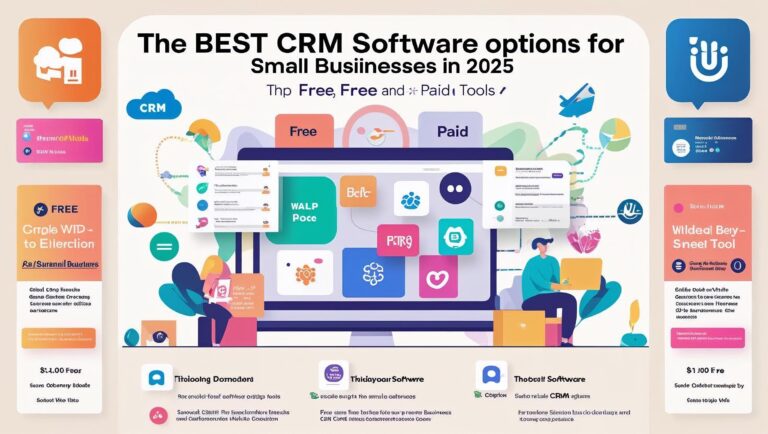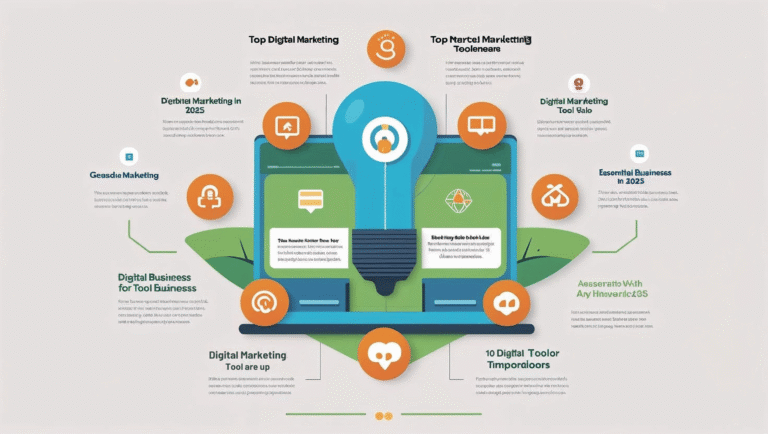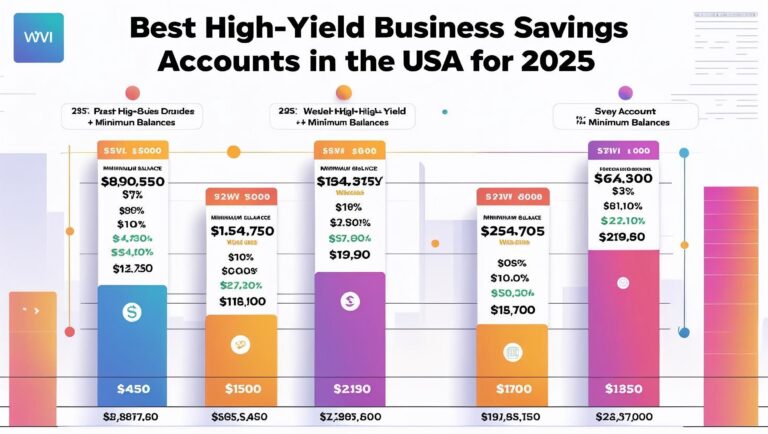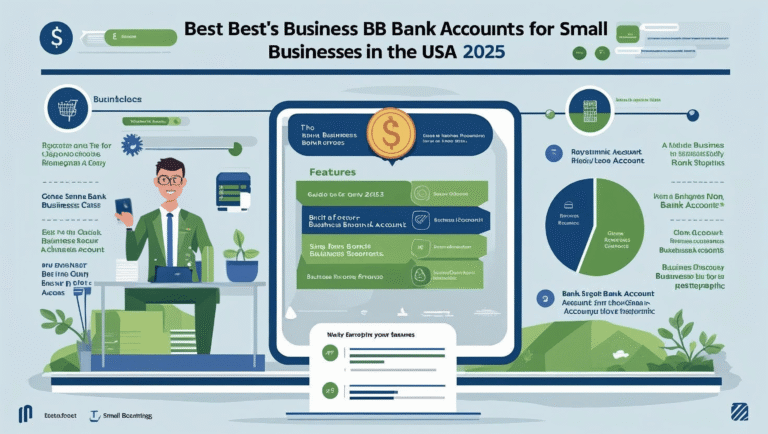Introduction
Launching a Limited Liability Company (LLC) in the United States in 2025 is one of the smartest ways to start and scale a business. With an LLC, entrepreneurs enjoy liability protection, tax advantages, and operational flexibility—without the rigid corporate structure of a C-corp. Whether you’re a solo freelancer, a small team, or an emerging startup, forming an LLC provides credibility, legal protection, and the framework to grow.
This guide provides an updated and in-depth roadmap to help you establish your LLC in the USA for 2025. It’s written for aspiring entrepreneurs, consultants, digital creators, and anyone seeking a long-term business structure that is easy to manage and legally sound.
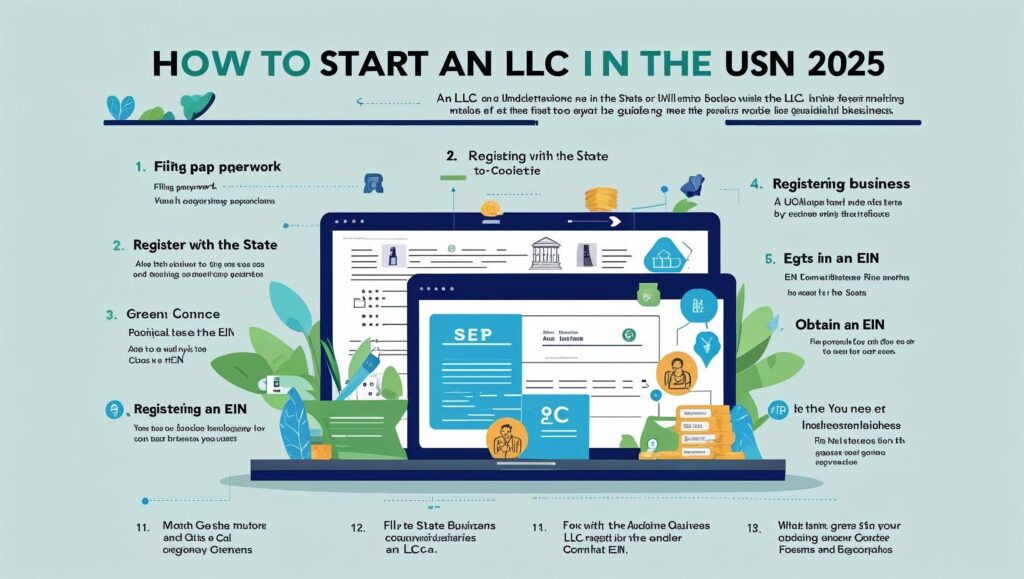
What is an LLC and Why Choose One in 2025?
A Limited Liability Company (LLC) is a hybrid business entity that blends the simplicity of a sole proprietorship with the legal protections of a corporation. It allows the business owner—known as a “member”—to separate personal assets from business liabilities. In 2025, the LLC remains the most popular business structure for startups and small businesses in the United States, especially due to its flexibility in taxation and minimal regulatory burden.
Unlike corporations, LLCs aren’t required to have a board of directors or hold annual shareholder meetings. And unlike sole proprietorships, LLCs can open business bank accounts, apply for loans, and sign contracts under the company’s name.
With new digital tools and state-specific online platforms, setting up an LLC is now more accessible than ever. Many states even offer same-day or 24-hour online filing services in 2025.
Step 1: Choose Your LLC Name
Your LLC’s name should reflect your brand identity while complying with your state’s legal requirements. The name must be unique, distinguishable from existing registered entities in your state, and include a proper LLC designator such as “LLC” or “Limited Liability Company.”
Before registering, conduct a business name search through your Secretary of State’s website to ensure your name is available. Also, check domain name availability if you plan to create a website. Securing both the business and domain name ensures brand consistency from day one.
Step 2: Select the State Where You Want to Form Your LLC
In the United States, LLCs are registered at the state level. You can form your LLC in your home state or choose another state that offers business-friendly laws, such as Delaware, Wyoming, or Nevada. For example, Delaware is known for its court system favoring businesses, while Wyoming is praised for low fees and privacy.
However, if your business operates mainly in your home state, it’s often best to register there to avoid registering as a foreign entity and paying extra fees in multiple states.
Step 3: Appoint a Registered Agent
A registered agent is an individual or service authorized to receive legal documents on behalf of your LLC. Every state requires one, and they must have a physical address in the state where your LLC is formed.
You can appoint yourself, a trusted individual, or hire a professional registered agent service. In 2025, many entrepreneurs prefer professional services due to compliance reminders, privacy protection, and mail forwarding features.
Step 4: File Articles of Organization
The Articles of Organization—sometimes called Certificate of Formation or Certificate of Organization—is the official document required to register your LLC with the state.
This document includes essential details such as the LLC’s name, address, registered agent information, and business purpose. Filing fees vary by state and range from $50 to $500. In 2025, most states allow online filing with instant or same-day approval in many cases.
Once filed and approved, your LLC becomes a legally recognized business entity.
Step 5: Create an Operating Agreement
Though not required in all states, an Operating Agreement is a crucial internal document that outlines the ownership structure, member responsibilities, decision-making processes, profit-sharing rules, and procedures for dispute resolution or dissolution.
Even if you’re a single-member LLC, creating this document protects your limited liability status and provides clarity if the business evolves. In multi-member LLCs, it acts as a contract between partners and helps prevent future conflicts.
Step 6: Apply for an EIN (Employer Identification Number)
An EIN, or Employer Identification Number, is issued by the IRS and functions as your business’s federal tax ID. It’s required for opening a business bank account, hiring employees, applying for loans, and filing tax returns.
You can obtain an EIN for free from the IRS website. The application process is simple and in most cases, approval is granted instantly. Even if you don’t have employees, having an EIN strengthens the separation between personal and business finances.
Step 7: Open a Business Bank Account
After receiving your EIN, you can open a business checking account in your LLC’s name. A separate account helps track income and expenses accurately, simplifies tax filing, and enhances the professionalism of your business.
Many banks now offer digital onboarding for LLCs, allowing same-day account openings. Some of the best banks for small businesses in 2025 include Bluevine, Novo, Chase, and Mercury, each offering unique features like fee-free banking, interest on balances, and integrations with accounting software.
Step 8: Understand Your Tax Obligations
One of the biggest advantages of an LLC is its flexibility in taxation. By default, single-member LLCs are taxed as sole proprietors, and multi-member LLCs as partnerships. However, LLCs can also elect to be taxed as an S-Corp or C-Corp for potential tax savings.
Consult a tax professional to determine which option suits your business model. Additionally, stay updated on state and federal tax filing deadlines, sales tax obligations, and quarterly estimated tax payments to maintain compliance.
In 2025, tax software and digital accountants make it easier than ever to manage business taxes.
Step 9: Apply for Business Licenses and Permits
Depending on your industry and location, you may need specific licenses or permits to operate legally. These can range from a general business license to specialized permits such as health permits, contractor licenses, or home occupation permits.
Check your city and county’s regulations, as failing to obtain necessary permits can lead to fines or forced closure. Online portals in 2025 allow for streamlined licensing applications and renewals across many jurisdictions.
Step 10: Stay Compliant With Ongoing Requirements
Forming an LLC is just the beginning. To maintain good standing, you’ll need to fulfill annual requirements such as filing reports, paying franchise taxes, and renewing your registered agent service.
Each state has different compliance rules. Missing deadlines can result in penalties or even administrative dissolution of your LLC. Set reminders and consider using compliance services that automate alerts and filings.
Common Mistakes to Avoid When Starting an LLC in 2025
Many first-time founders make costly mistakes when forming an LLC. One of the most common errors is neglecting to draft an Operating Agreement. Even if not required by law, this document is essential for internal clarity and legal protection.
Another common issue is mixing personal and business finances. This practice can jeopardize your limited liability status if you’re ever audited or sued. Always use your business bank account exclusively for business expenses.
Failing to keep up with compliance requirements is also a risk. Ignoring state annual filings or forgetting to pay franchise taxes can lead to late fees or suspension of your LLC status.
Finally, skipping professional advice can result in poor tax decisions. An experienced accountant or business attorney can save you from future headaches.
How Much Does It Cost to Start an LLC in 2025?
The total cost to start an LLC varies based on your state and services chosen. The state filing fee typically ranges from $50 to $500. If you use a professional formation service, expect to pay an additional $100 to $300 depending on the package.
Other potential expenses include registered agent fees ($100–$150 per year), business licenses ($50–$200+), and accounting consultations. Optional tools like digital compliance dashboards or document storage platforms may carry subscription fees.
Despite these costs, forming an LLC remains a highly affordable and valuable investment for small business owners in 2025.
Is Forming an LLC Right for You?
While LLCs are an excellent fit for many, it’s important to evaluate your specific situation. If you want limited liability protection, minimal paperwork, and tax flexibility, an LLC is often the best choice.
However, if you’re planning to raise venture capital or issue stock, a corporation may be more appropriate. Likewise, if you’re a solo freelancer with minimal risk exposure, a sole proprietorship may suffice in the short term.
Understanding your business goals, revenue model, and growth trajectory will help you make the right decision.
Comparison: LLC vs Sole Proprietorship vs Corporation
| Feature | LLC | Sole Proprietorship | Corporation |
|---|---|---|---|
| Legal Entity | Yes | No | Yes |
| Personal Liability Protection | Yes | No | Yes |
| Tax Flexibility | High (Sole Prop, S-Corp, C-Corp) | None | Yes, but complex |
| Setup Cost | Moderate | Low | High |
| Paperwork Requirements | Low to Medium | Minimal | High |
| Business Credibility | Strong | Weak | Strong |
| Best For | Freelancers, Small Businesses | One-person businesses | Startups seeking investors |
FAQs
Q1: Can I form an LLC in a state where I don’t live? Yes, you can form an LLC in any U.S. state, even if you don’t reside there. However, if your primary business operations occur in another state, you may need to register as a foreign LLC and pay additional fees.
Q2: How long does it take to form an LLC in 2025? In most states, LLCs can be formed within 1 to 5 business days if filed online. Some states offer expedited services for same-day approval.
Q3: Do I need a lawyer to form an LLC? No, a lawyer is not required. Many entrepreneurs use online formation services. However, consulting a legal or tax advisor can be helpful for complex situations.
Q4: Can a non-U.S. resident start an LLC in the USA? Yes, non-U.S. residents can form an LLC in the United States. However, they may have limitations on obtaining an EIN and opening a business bank account without a U.S.-based partner or ITIN.
Q5: What taxes do LLCs pay in 2025? LLCs may pay federal income tax, state taxes, and self-employment tax, depending on how they’re classified. Some states also require an annual franchise or LLC tax.
Q6: Can I change the state of formation later? Yes, you can move your LLC to another state through a process called domestication or by dissolving and re-registering in the new state. Requirements vary by jurisdiction.
Conclusion
Starting an LLC in the USA in 2025 is a strategic step toward building a secure and professional business. With streamlined state systems, digital banking, and flexible tax options, it has never been easier to set up your company legally and efficiently.
By following each step in this guide—from choosing your business name to opening a bank account and fulfilling tax requirements—you lay a strong foundation for long-term success. Whether you’re launching an eCommerce brand, consulting service, or tech startup, forming an LLC provides the structure, protection, and scalability needed in today’s competitive landscape.
Stay informed, stay compliant, and leverage the tools and resources available in 2025 to make your LLC journey smooth and successful.


